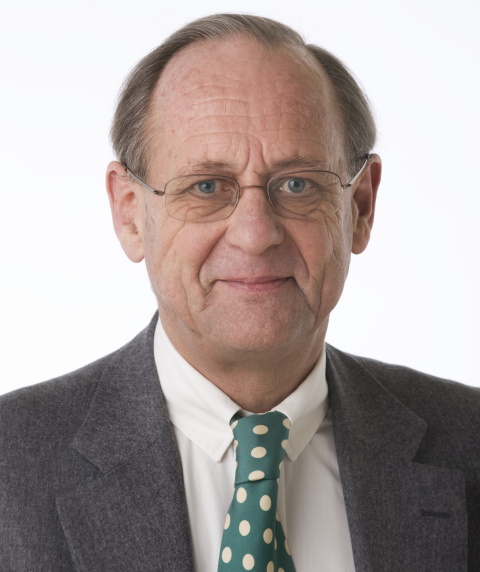
30 September 2022
Peter Rigby is Professor Emeritus of Developmental Biology at the Institute of Cancer Research (ICR), London, an organisation that he led from 1999 to 2011. Peter began his career as a biochemist, and completed his PhD with Brian Hartley in Cambridge, where he studied enzyme evolution. He then moved to Stanford to work with Paul Berg, focusing his postdoctoral research on SV40, a virus that can transform its host into a tumour cell. “It was clear to myself and my peers that it was time to stop working on E. coli and to start working on eukaryotic cells,” Peter said, “and the only way to get inside the workings of a eukaryotic cell was by using viruses.”
Peter went on to set up his own research group at Imperial College, London, where he continued his work on SV40. His team investigated which genes the virus was switching on or off in the host cell, applying the recombinant DNA technology that Peter had learned at Stanford to clone them. After struggling to pin down where and when one particular gene of interest was normally expressed, in a conversation in the pub one evening, Keith Willison suggested hunting for it in embryo RNA. They discovered that the gene was indeed expressed in embryos, and that it was being switched off as cells differentiated. “After that, I had to become a developmental biologist,” Peter explained.
As a result of this shift in research focus, Peter has published frequently in Development over the years. “Development occupies a very particular place in the psyche of developmental biologists,” Peter explained. “We all love it to pieces. When we got papers accepted in Development, everyone was completely chuffed.”
He went on to work at the National Institute for Medical Research at Mill Hill, London, where he took on his first management position in the developmental biology division. “It was magic,” he said, reflecting on the atmosphere at Mill Hill. “There’s something about the power of your environment and your colleagues, and you can create that yourself.” His next move was to the ICR, where he became the institute’s Chief Executive. He maintained an active research lab during this time, with a focus on muscle development. He also became involved with the Wellcome Trust, serving as a member of the Board of Governors from 2008 to 2016, and as Deputy Chairman from 2010 to 2013.
Peter’s positive experiences with Development meant that he was delighted to join The Company of Biologists as a Director in 2016. “Matthew Freeman [Chairman of The Company of Biologists] asked me to join the Board when I stepped down from the Wellcome Trust,” Peter recalled. “I didn’t even need to think about it; I think I replied to Matthew’s email the second I read it.” Peter believes that The Company of Biologists is a unique organisation. “It publishes very good journals and uses the profits to support scientists,” he said, reflecting on initiatives such as the meetings that the Company organises for its journal communities, and the Travelling Fellowships we offer to help early-career researchers make collaborative visits to other laboratories. “It’s a very special organisation,” Peter concluded. “That’s why I do whatever I can to help The Company of Biologists.”








You must be logged in to post a comment.